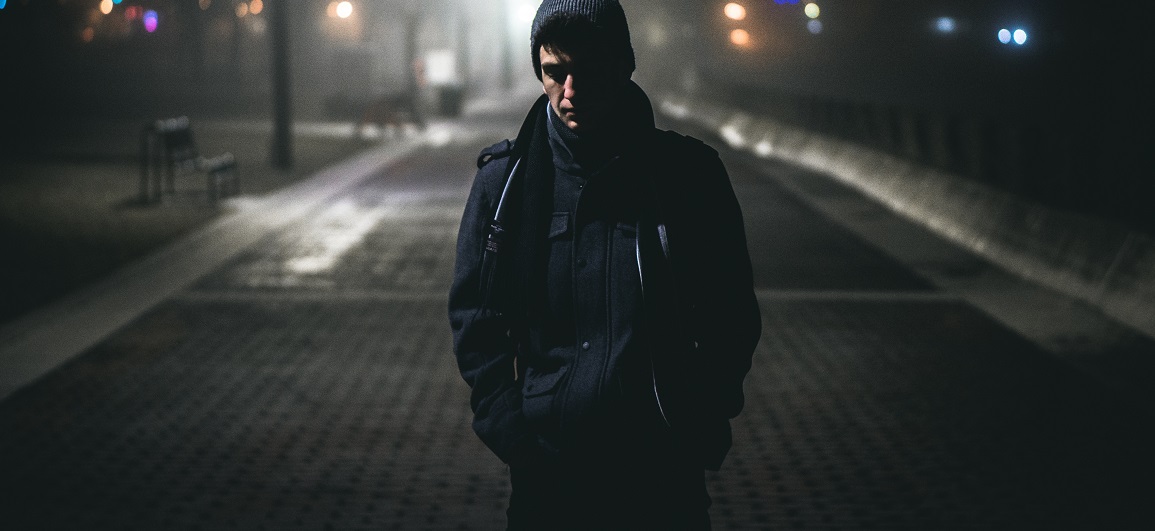
What can we do against aporophobia?
Solutions aiming at eradicating homelessness.
Poverty and residential exclusion is not a feature identifying a diverse society that we must keep (just as it happens with other kinds of hate crimes that are perpetrated such as homophobia). Poverty and social and residential exclusion are features of societies that do not guarantee the rights of their citizens and that we must combat.
People living on the street suffer a high level of vulnerability due to hate crimes. The situation of homelessness per se entails the absence of the safe space that a decent home represents. When we close the door of our home, in most of the cases, we enter in a safe place. We consider that, by providing a decent and adequate home we fulfill a constitutional right and we take homeless people out of the space that puts their life at risk.
If we want no one living on the streets, the solutions must aim at eradicating the problem instead of managing it. The experience from other countries shows that developing new innovative methodologies such as Housing First make it possible to eradicate chronicle homelessness. Developing these methodologies with public policies allows to solve a serious social problem in an efficient way and it will eliminate the main risk people suffer: aporophobia hate crimes.
Gender perspective in public policies related to homelessness and hate crimes.
Violence against women is a painful reality that questions the democratic quality of our country. Violence affects all women but more insidiously to women under extreme vulnerability. It is true that homeless men represent about 80% of the people affected yet we must not forget that feminine homelessness has its own dynamics characterized by invisibility and harshness.
Designing public policies regarding homelessness from a gender perspective is something necessary to give visibility and to provide a response to the hidden needs of homeless women. As far as hate crimes are concerned, it is essential that every action and protocol take the emotional and physical impact that sexual violence has on the victim into account.
A legislation offering a response to aporophobia: Comprehensive law on hate crimes and the changes in the Criminal Code.
The current Criminal Code, in its article 22,4 includes as aggravating circumstances “Committing a crime for racist, anti-Semitic reasons, or any other kind of discrimination referring to ideology, religion or beliefs of the victim, its ethnicity, race or nation, sex, sexual orientation or identity, gender reasons, disease that may be suffering from or disability”. More specifically, the Criminal Code includes a series of behaviors related to discrimination and intolerance that are typified as crimes against the exercise of fundamental rights and public freedoms (articles 510, 511, 512 and 515) that do not include homelessness as a vulnerability factor.
We consider that it is urgent to modify the Criminal Code to set heavier punishments imposed to those acting against their victims because of their homelessness situation. At the same time, a Comprehensive Law of Hate Crimes must be passed, fostering tolerance and social diversity, reinforcing and encouraging public policies aiming at eradicating intolerance and hatred and protecting victims.
Victims care services adapted to the realities of homeless people.
The care offered to victims must be adapted and tailormade to the social and personal circumstances of homeless people. If we want to provide comprehensive care for victims, legal, psychological and social counseling must adapt to the specificities of the people ithout a home who have suffered a hate crime. Adapting care services to the victims means taking the context of homeless people into account and when providing the care, paying attention to the socio-economic, individual and psychological circumstances of the victims that stem from homelessness situation in general, and more specifically after an aporophobia hate crime.
Better skills and care protocols for social, police and third sector services regarding aporophobia.
It is clear that there is a lot of room for improving the care provided by social and police services and by third sector organizations to victims of aporophobia hate crimes. Improving the skills of the professionals regarding aporophobia and hate crimes must be one of the objectives public and third sector institutions must have if they want to provide an adequate, professional and efficient response to this reality.
Awareness raising and reporting campaigns addressing citizens.
Breaking the moral distance existing between citizens and the group of homeless people is necessary to prevent discrimination behaviors against homeless people and criminal conducts. Citizens that are informed, committed and active against injustice and poverty compel public administrations to take measures to attack the causes, and it is the best contention wall against hatred and to prevent crimes. It is necessary that citizens report the discriminations homeless people suffer to eradicate the myths about these crimes and to give visibility to unfair situations that are socially hidden.
It is necessary to commit for the development of awareness raising, information and reporting campaigns on the reality of homeless people and aporophobia hate crimes as a strategy to break the silence and the invisibility of this violence.
Information and awareness raising campaigns for the homeless.
Violence against homeless people is so common that victims find it difficult to identify it and name it except for when the physical violence suffered is extreme. Even the survival strategies homeless people use make them internalize and accept the violence they have suffered as a behavior norm.
We need information and awareness raising campaigns for the homeless regarding hate crimes that will facilitate victims to identify aporophobia and that will inform on the resources victims have available.